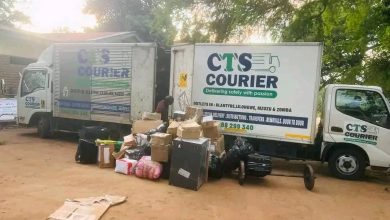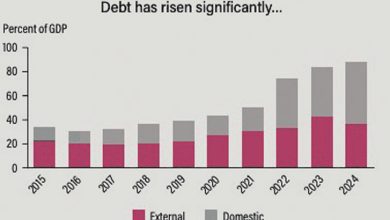Mitc, traders differ on export potential
Malawi Investment and Trade Centre (Mitc) chief executive officer Paul Kwengwere says the country’s export potential has remained higher than the actual exports because of production deficiencies and lack of value addition.
He said this when commenting on Mitc’s export potential map analysis, which shows that Malawi continues to realise reduced exports value from its agricultural products due to value addition and production challenges, with data showing that unrealised exports remain above $350 million (about K628.6 billion).

The analysis shows that the balance between the country’s actual exports and potential exports remains high in most agricultural sectors.
In an interview yesterday, Kwengwere said Malawi has always received orders of agricultural commodities, but fails to meet the demand because of production capacity constraints.
He said: “But this is exactly what the Agricultural Commercialisation Project is targeting to promote production and we expect the situation to change in the near future.”
“The products with greatest export potential from Malawi to the world are cane sugar, raw legumes, dried and shelled groundnuts and soya bean oil.”
The Mitc analysis further shows that markets with greatest potential for the country’s exports are South Africa, India and the United States of America.
But India shows the largest absolute difference between potential and actual exports in value terms, leaving room to realise additional exports worth $41 million (about K71.7 billion) annually, according to the Mitc.
Reacting to the analysis in an interview yesterday, Grain Traders Association of Malawi president Grace Mijiga Mhango attributed the high unrealised export potential to policy related-issues as some commodities face export bans at a time exporters already signed export contracts.
She said: “We believe this has remained the case because of policy-related issues. Currently, the most demanded product out there now is soya but before we supply we found out there is an export ban.”
Common Market for Eastern and Southern Africa Business Council president James Chimwaza said in an interview yesterday that the main reason that affects most southern African countries, including Malawi, is lack of first level value addition.
He called for public private dialogue that prioritises technology and enhances value addition
Data from the Ministry of Industry and Trade shows that last year Malawi exported good valued $1 billion (about K1.7 trillion) against imports valued at$3 billion (about K5.2 trillion), creating a negative trade balance.





